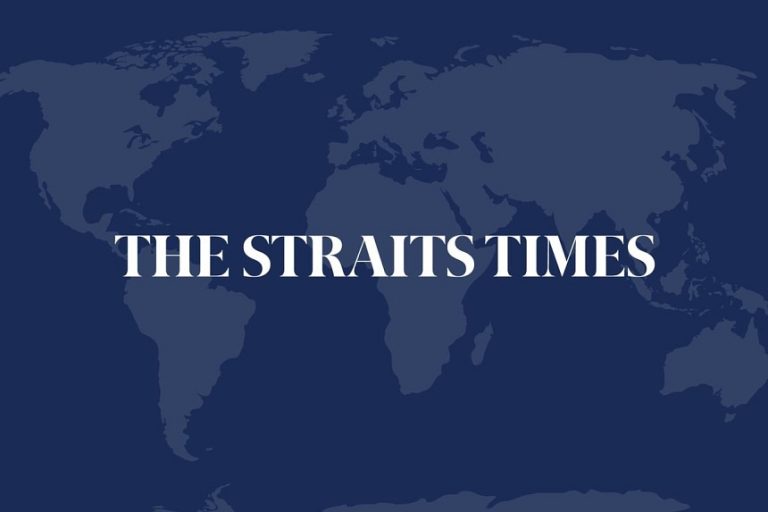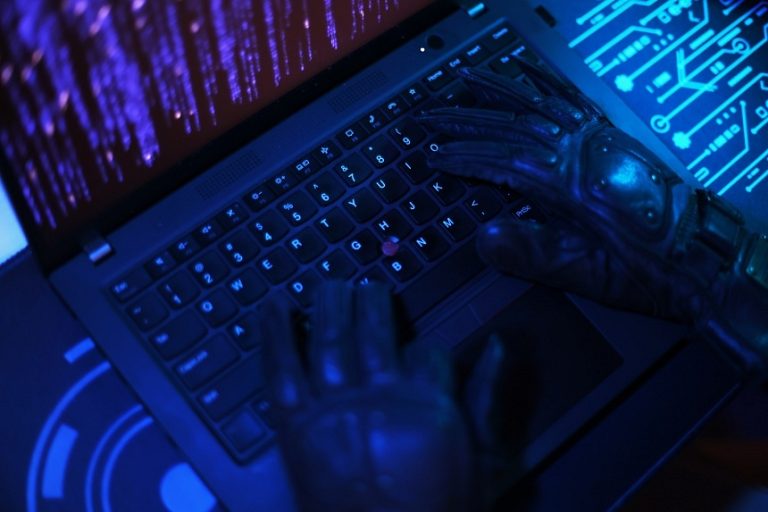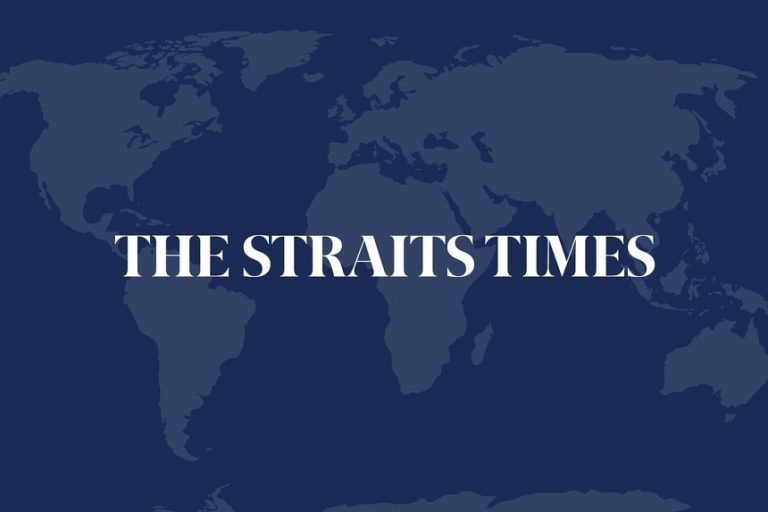
Similar Posts

SEOUL – Pro-Russia hacking groups have conducted cyberattacks against South Korea after North Korea dispatched troops to Russia to support its war against Ukraine, Seoul’s presidential office said on Friday.
The office held an emergency intra-agency meeting after detecting denial-of-service attacks on some government and private websites in recent days.
Some of the websites experienced temporary outages but there was no serious damage, it said, adding that the government will strengthen its ability to respond to such attacks.
“Cyber attacks by pro-Russian hacktivist groups on our country have occurred intermittently in the past, but have become more frequent since North Korea dispatched troops to Russia and participated in the Ukraine war,” the office said in a statement.
Seoul and Washington have said there are more than 10,000 North Korean soldiers in Russia, and U.S. officials and Ukraine’s defence minister said some of them have engaged in combat in Kursk, near the Ukraine border.
The new military cooperation between Pyongyang and Moscow has been condemned by South Korea, the United States and Western allies. Ukrainian President Volodymyr Zelenskiy said on Tuesday that the first battles between his country’s military and North Korean troops “open a new page in instability in the world.” REUTERS

We spend so much of our lives online but have we thought about what will happen to our digital trails and assets when we die?
It is a question that came up for husband-and-wife content creators Muhammad Alif Ramli and Liyana Syahirah Ismail Johari.
 Content creators Liyana Syahirah Ismail Johari and Muhammad Alif Ramli documented their journey in seeking help to manage digital assets.
Content creators Liyana Syahirah Ismail Johari and Muhammad Alif Ramli documented their journey in seeking help to manage digital assets.
They realise, for example, if no clear instructions are left behind, not knowing the passwords or about dormant accounts on long-forgotten platforms can pose problems.
It is especially important, given Mr Alif’s medical history.
When Mr Alif was 10, he was diagnosed with rhabdomyosarcoma, a soft tissue cancer. He underwent multiple chemotherapy cycles and nine surgical operations, which the 28-year-old described as a “close-to-death experience”, before he recovered.
In the fourth episode of The Straits Times’ docuseries Let’s Talk About Death, Mr Alif and Ms Liyana, 27, seek help from experts to consolidate their digital assets.
They speak to a cyber security expert to find out how to best manage their passwords. They also talk to a lawyer who specialises in digital assets to look into protecting their social media accounts, which may generate revenue in the future.
Finally, Mr Alif and Ms Liyana also attempt to write their wills with the help of artificial intelligence tools, with the key question being: Will they be valid under syariah law?
Let’s Talk About Death is a five-episode docuseries that follows several millennials and their loved ones as they navigate end-of-life planning, and it starts honest conversations about death and dying well.

“Ofcom to Detail Action Required from Social Media Companies Over Illegal Content – December Deadline Looming for Compliance”
LONDON – Britain’s media regulator Ofcom said on Oct 17 that it would detail what action it expected social media companies to take over illegal content on their platforms in December, saying it expected swift action or they would face consequences.
Ofcom, which is responsible for implementing the government’s Online Safety Bill, said the platforms would have three months to complete their own illegal harms risk assessments after the publication of its demands.
“The time for talk is over,” Ofcom’s Chief Executive Melanie Dawes said on Oct 17. “From December, tech firms will be legally required to start taking action, meaning 2025 will be a pivotal year in creating a safer life online.”
She said the regulator had already seen positive changes, but expectations were going to be high.
“We’ll be coming down hard on those who fall short,” she said.
Ofcom said better protections had already been introduced by Meta, the owner of Instagram and Facebook, and Snapchat which have brought in changes to help prevent children being contacted by strangers.
Britain’s new online safety regime, which became law last year, requires social media companies to tackle the causes of harm, particularly for children, by making their services safer.
If companies do not comply with the new law, they could face significant fines and, in the most serious cases, their services could be blocked in Britain. REUTERS

WASHINGTON – A U.S. Senate Judiciary subcommittee overseeing technology issues will hold a hearing Tuesday on Chinese hacking incidents, including a recent incident involving American telecom companies.
The hearing to be chaired by Senator Richard Blumenthal will review the threats “Chinese hacking and influence pose to our democracy, national security, and economy,” his office said, adding the senator plans “to raise concerns about Elon Musk’s potential conflicts of interest with China as Mr. Musk becomes increasingly involved in government affairs.”
Musk, the head of electric car company Tesla, social media platform X and rocket company SpaceX, emerged during the election campaign as a major supporter of U.S. President-elect Donald Trump. Trump appointed him as co-head of a newly created Department of Government Efficiency to “slash excess regulations, cut wasteful expenditures, and restructure Federal Agencies.”
Musk, who was in China in April and reportedly proposed testing Tesla’s advanced driver-assistance package in China by deploying it in robotaxis, did not immediately to requests for comment.
The hearing will include CrowdStrike Senior Vice President Adam Meyers and Telecommunications Industry Association CEO David Stehlin, Strategy Risks CEO Isaac Stone Fish and Sam Bresnick, research fellow at the Center for Security and Emerging Technology at Georgetown University,
Last week, U.S. authorities said China-linked hackers have intercepted surveillance data intended for American law enforcement agencies after breaking in to an unspecified number of telecom companies, U.S. authorities said on Wednesday.
The hackers compromised the networks of “multiple telecommunications companies” and stole U.S. customer call records and communications from “a limited number of individuals who are primarily involved in government or political activity,” according to a joint statement released by the FBI and the U.S. cyber watchdog agency CISA.
The announcement confirmed the broad outlines of previous media reports that Chinese hackers were believed to have opened a back door into the interception systems used by law enforcement to surveil Americans’ telecommunications.
It follows reports Chinese hackers targeted telephones belonging to then-presidential and vice presidential candidates Donald Trump and JD Vance, along with other senior political figures, raised widespread concern over the security of U.S. telecommunications infrastructure.
Beijing has repeatedly denied claims by the U.S. government and others that it has used hackers to break into foreign computer systems.
Last month, a bipartisan group of U.S. lawmakers asked AT&T, Verizon Communications and Lumen Technologies to answer questions about the reporting hacking of the networks of U.S. broadband providers. REUTERS

HELSINKI – A fibre optic communications cable linking Finland and Germany along the seabed has stopped working and may have been severed by an outside force, Finnish state-controlled cyber security and telecoms network company Cinia said on Monday.
The 1,200 km (745 miles) C-Lion1 cable running through the Baltic Sea from Finland’s capital Helsinki to the German port of Rostock malfunctioned just after 0200 GMT, the company said.
The sudden outage implied that the cable was completely severed by an outside force, although a physical inspection has not yet been conducted, Cinia’s Chief Executive Ari-Jussi Knaapila told a press conference.
The damage occurred near the southern tip of Sweden’s Oland island and could typically take between five and 15 days to repair, he added.
Cinia said it was working with authorities to investigate the incident.
Last year a subsea gas pipeline and several telecoms cables running along the bottom of the Baltic Sea were severely damaged in an incident raising alarm bells in the region.
Finnish police investigating the 2023 case have named a Chinese container ship believed to have dragged its anchor as a prime suspect, but have not said whether the damage was believed to be accidental or done with intention.
In 2022 the Nord Stream gas pipelines linking Russia to Germany in the Baltic Sea were destroyed by explosions in a case that remains under investigation by German authorities. REUTERS
The World Health Organisation (WHO) and some 50 countries issued a warning on Nov 8 at the United Nations about the rise of ransomware attacks against hospitals, with the United States specifically blaming Russia.
Ransomware is a type of digital blackmail in which hackers encrypt the data of victims – individuals, companies or institutions – and demand money as a “ransom” in order to restore it.
Such attacks on hospitals “can be issues of life and death,” according to WHO head Tedros Adhanom Ghebreyesus, who addressed the UN Security Council during a meeting on Nov 8 called by the United States.
“Surveys have shown that attacks on the healthcare sector have increased in both scale and frequency,” Dr Ghebreyesus said, emphasising the importance of international cooperation to combat them.
“Cybercrime, including ransomware, poses a serious threat to international security,” he added, calling on the Security Council to consider it as such.
A joint statement co-signed by over 50 countries – including South Korea, Ukraine, Japan, Argentina, France, Germany and the United Kingdom – offered a similar warning.
“These attacks pose direct threats to public safety and endanger human lives by delaying critical healthcare services, cause significant economic harm, and can pose a threat to international peace and security,” read the statement, shared by US Deputy National Security Advisor Anne Neuberger.
The statement also condemned nations which “knowingly” allow those responsible for ransomware attacks to operate from.
At the meeting, Ms Neuberger directly called out Moscow, saying: “Some states – most notably Russia – continue to allow ransomware actors to operate from their territory with impunity.”
France and South Korea also pointed the finger at North Korea.
Russia defended itself by claiming the Security Council was not the appropriate forum to address cybercrime.
“We believe that today’s meeting can hardly be deemed a reasonable use of the Council’s time and resources,” said Russian ambassador Vassili Nebenzia.
“If our Western colleagues wish to discuss the security of healthcare facilities,” he continued, “they should agree in the Security Council upon specific steps to stop the horrific… attacks by Israel on hospitals in the Gaza Strip.” AFP
